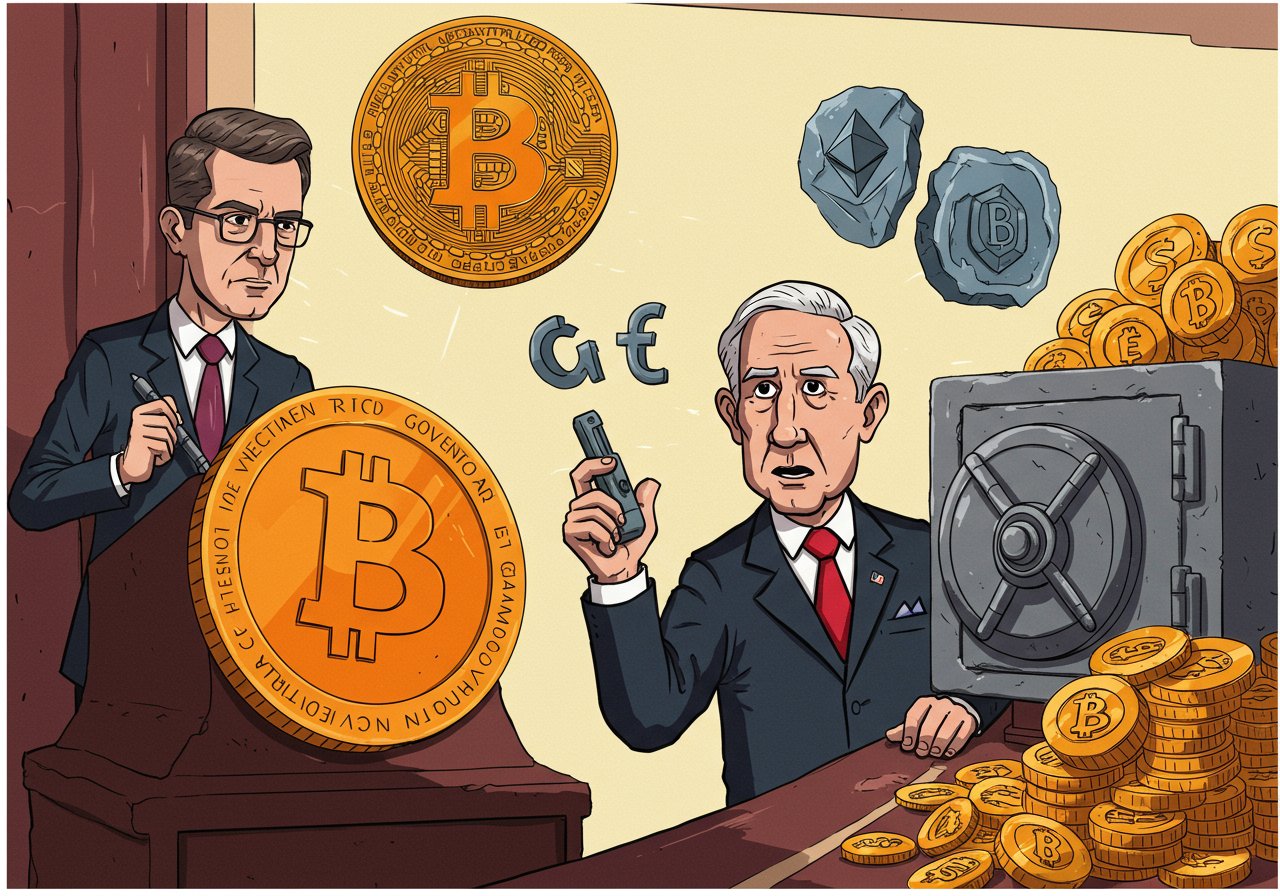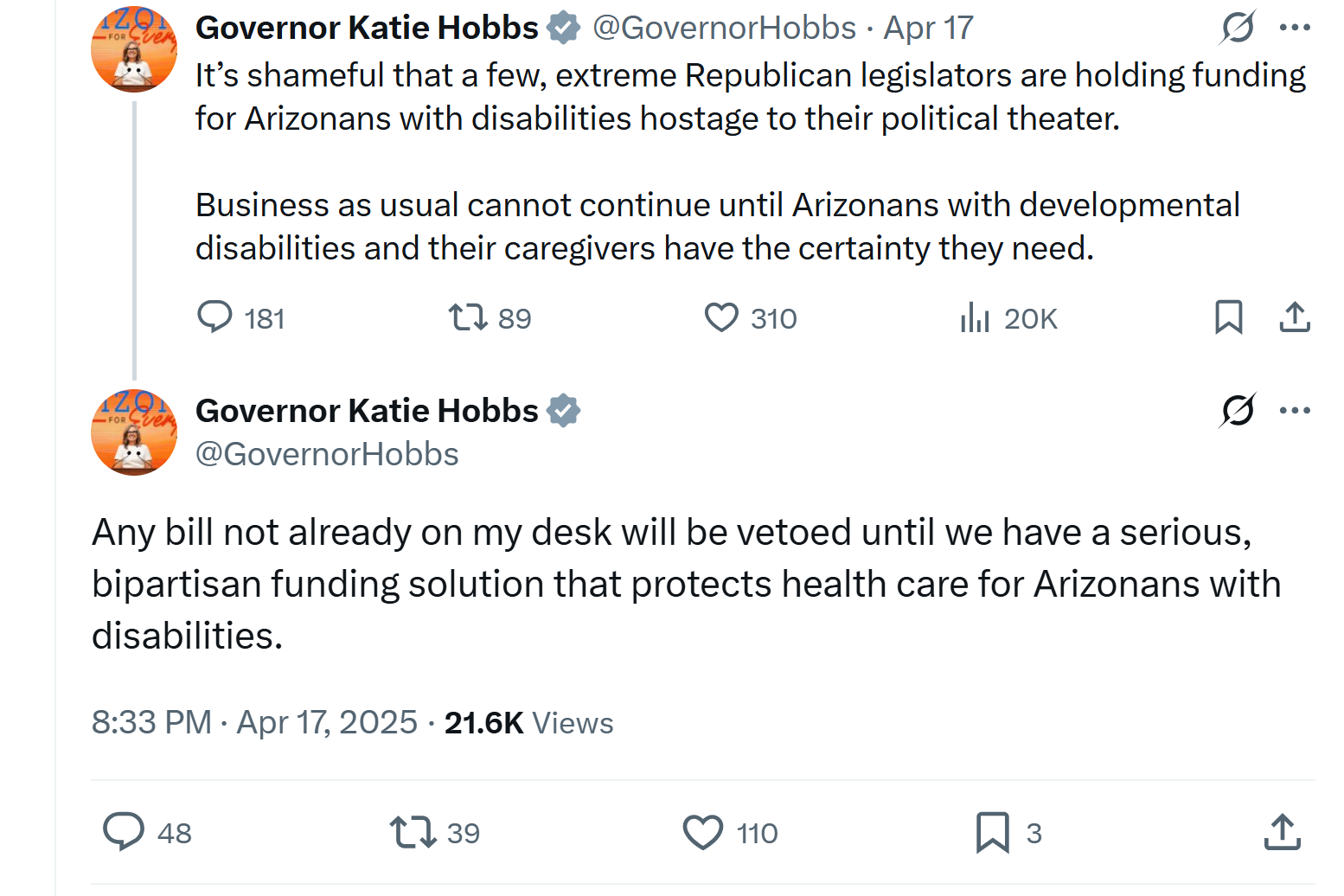
Arizona‘s Bitcoin Experiment Halted by Governor‘s Veto
In a significant setback for Bitcoin proponents, Arizona Governor Katie Hobbs has vetoed a bill that aimed to make the state a pioneer in holding Bitcoin as part of its official reserves. The Digital Assets Strategic Reserve bill, which would have permitted Arizona to invest seized funds into Bitcoin (BTC) and establish a state-managed reserve, was formally rejected on Friday, according to an update on the Arizona State Legislature’s website.
Governor Hobbs, in a statement addressed to Arizona Senate President Warren Petersen, cited the strength of the Arizona State Retirement System and its commitment to “sound and informed investments.” She asserted that “Arizonans’ retirement funds are not the place for the state to try untested investments like virtual currency.”

A Shift in the Crypto Landscape?
This decision marks a notable turning point in the debate surrounding the role of cryptocurrencies in public finance. While Arizona‘s initiative was met with enthusiasm from some crypto advocates, it also faced considerable pushback from those concerned about the volatility and regulatory uncertainties associated with Bitcoin.
The veto comes after the bill passed a final vote in the state House, with 31 members voting in favor and 25 opposing. However, Governor Hobbs had previously indicated her intention to veto any legislation that lacked a bipartisan agreement on disability funding.
Wider Implications and Future Prospects
Arizona joins several other states where similar efforts to establish Bitcoin reserves have stalled or been withdrawn. Oklahoma, Montana, South Dakota, and Wyoming all saw similar proposals fail in recent months. However, North Carolina’s House recently passed the Digital Assets Investment Act, allowing the state treasurer to invest up to 5% of certain funds in approved cryptocurrencies. The bill now awaits consideration in the state Senate.
The debate over Bitcoin reserves extends beyond state legislatures. US President Donald Trump, in March, signed an executive order proposing a “Strategic Bitcoin Reserve” and a “Digital Asset Stockpile.” This initiative, along with the efforts at the state level, highlights the growing interest in integrating cryptocurrencies into government financial systems.
While Arizona‘s veto is a setback, it is unlikely to quell the ongoing debate. As the crypto space continues to evolve, the question of whether and how cryptocurrencies should be incorporated into public finance will remain a key issue for policymakers and investors alike.


